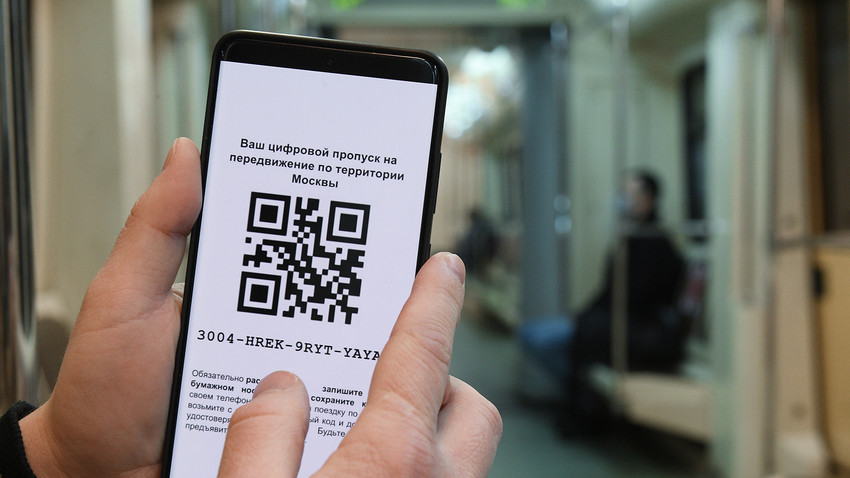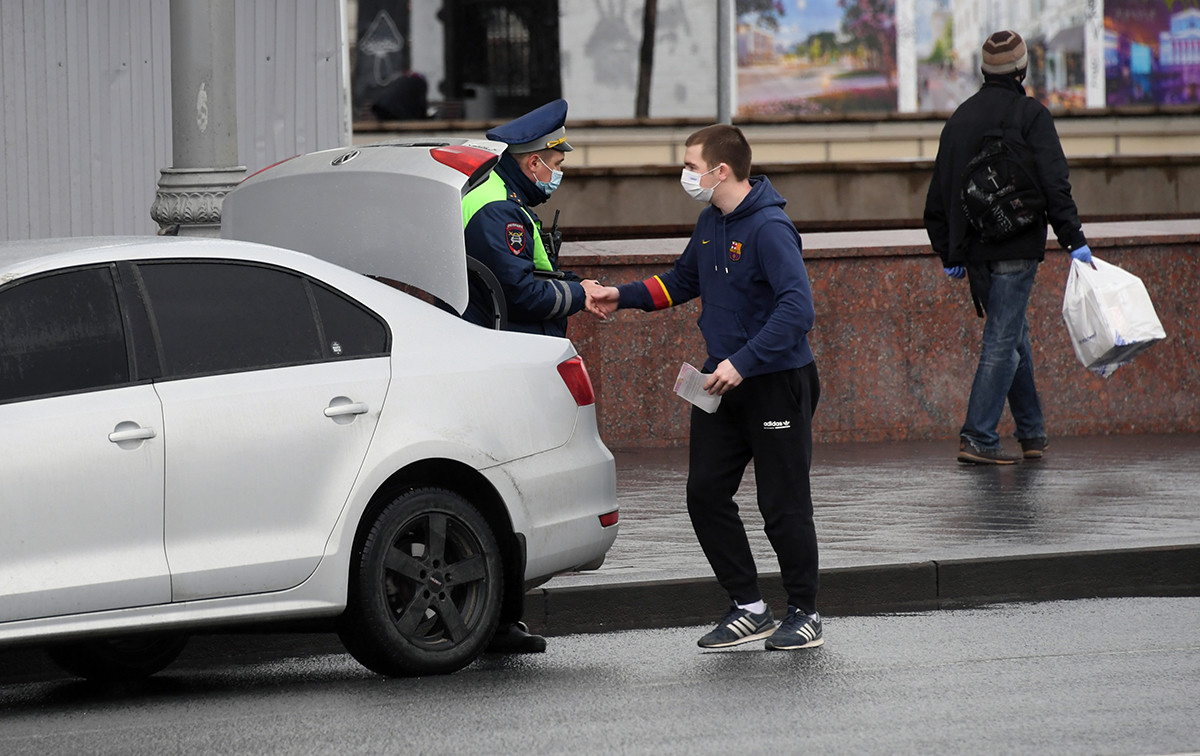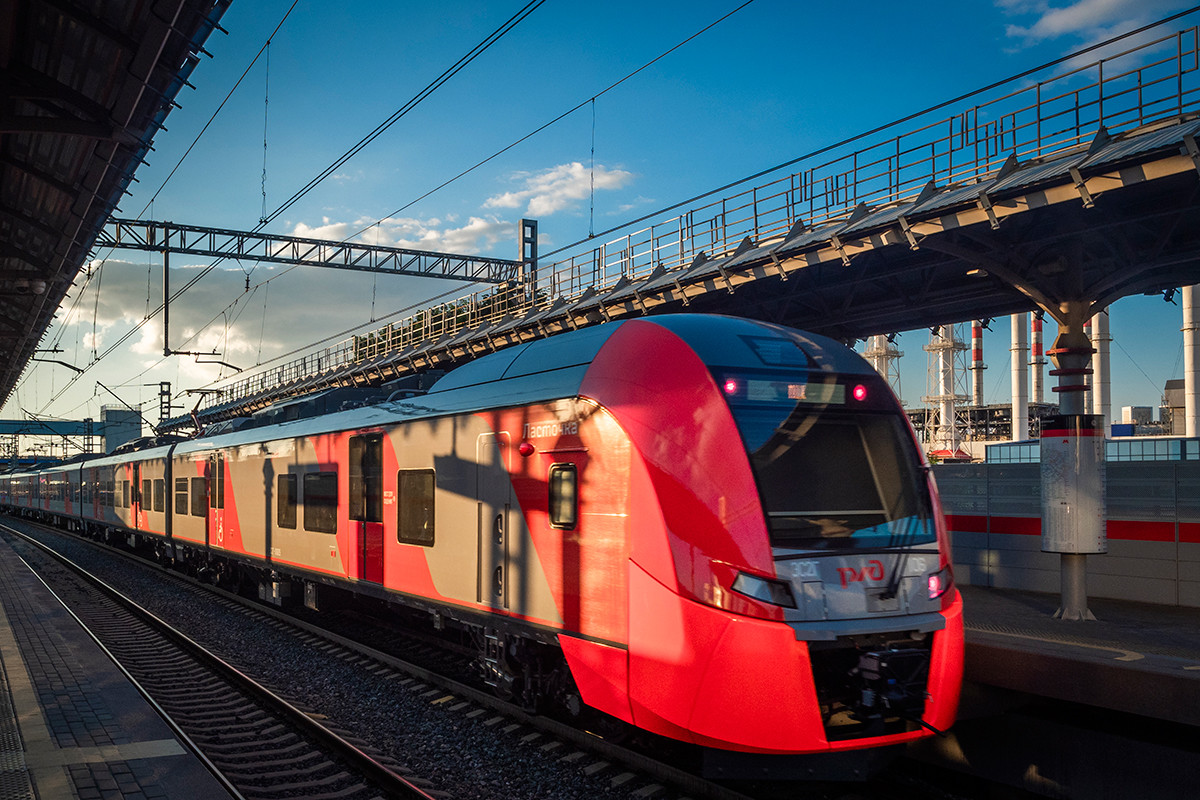Moscow introduces temporary permits for drivers and commuters amid coronavirus

What do Muscovites need the permit for?
From April 15, anyone who intends to commute in Moscow or in the Moscow region will be required to apply for a permit. The new measure includes all types of private and public transport: cars, motorcycles, taxis, metro, suburban trains, and even bicycles and scooters.
Who is eligible to apply for a permit?
Anyone who currently resides in Moscow will be eligible to apply for a permit should it be necessary. The permits are available to everyone who resides in Moscow and are not limited to Russian citizens. Foreigners, refugees, and other categories of people are able to apply for a permit using an ID they have, even if it’s not a passport.
What is a legitimate reason to apply for a permit?
There are three available options: a permit for those who still have to travel to and from work; a permit for those who need to visit a medical organization (for example, a hospital), and a permit for those who need to commute for other reasons.

Authorities did not approve a specific list of instances when a person is allowed to commute within the city for other reasons; thus, the legitimacy of every single trip is up to a commuter’s discretion. At the same time, authorities may refuse to issue a permit or examine the validity of submitted information.
Those who intend to travel for work will receive a permit valid until the last day of April. Others will receive permits valid for one day. Permits for people who intend to commute for personal reasons are limited to two per week.
How do they issue the permits?
Moscow authorities announced three ways to apply for the permit:
1) On the Moscow mayor’s official website (login is not required);
Although some people initially reported problems accessing the website, the system was working flawlessly at the time of writing.
2) By phone: +7 (495) 777-77-77;
3) Or by sending an SMS in a specified format to 7377.
It’s possible to apply for a permit in advance starting from April 13.
What does the permit look like?
The permit comes in a combination of a digital code and a QR-code.
The first four digits of the digital code indicate the date of expiry of a pass. The rest of the digits are used to identify each applicant. The QR-code contains information the applicant submitted when applying and traffic police may use it to check the actual route against the announced plans.
A person who commutes is required to have the permit with them in print or digital form.
Is there anyone who is exempt from this?
Yes, children under 14 years of age are exempt, if they accompany adults on a trip. Also, military servicemen, government officials and civil servants, judges, legal attorneys and their assistants, journalists and private security guards may commute in the city without applying for a pass. However, they must have a corresponding work ID instead.
Is a permit needed to go to a local grocery store or a pharmacy?
No. The new system applies to private and public transport only. Visiting the local grocery store or a pharmacy on foot does not require a pass. People are advised to choose the nearest stores to their place of stay.
Can one leave Moscow and commute to and from the Moscow region?

Yes, it’s permitted to leave the city for other regions and travel to and from the Moscow region. Passes issued in Moscow and in the Moscow region are used interchangeably. However, to apply for a pass in the Moscow region a person will need to download an app (by phone or an SMS), while those applying in Moscow may apply for a permit online without logging in (applying by phone or an SMS are also available options).
How will the permit system be enforced?
Police will be checking drivers’ routes for compliance with the declared information about their trips. Taxi drivers will be required to check if their passengers have permits.
What happens if someone drives or commutes without a permit?
Driving or commuting without a valid permit may incur a warning or a fine from 1,000 to 30,000 rubles (ca. $14 to $400) for public transport commuters and 5,000 rubles (ca. $68) for drivers using their own vehicles. Repeat offenders will be fined from 15,000 to 50,000 rubles (ca. $204 to $680).
Click here to learn why Putin unleashed lions all over Russia to force people to stay indoors (except it didn’t happen).
If using any of Russia Beyond's content, partly or in full, always provide an active hyperlink to the original material.
Subscribe
to our newsletter!
Get the week's best stories straight to your inbox